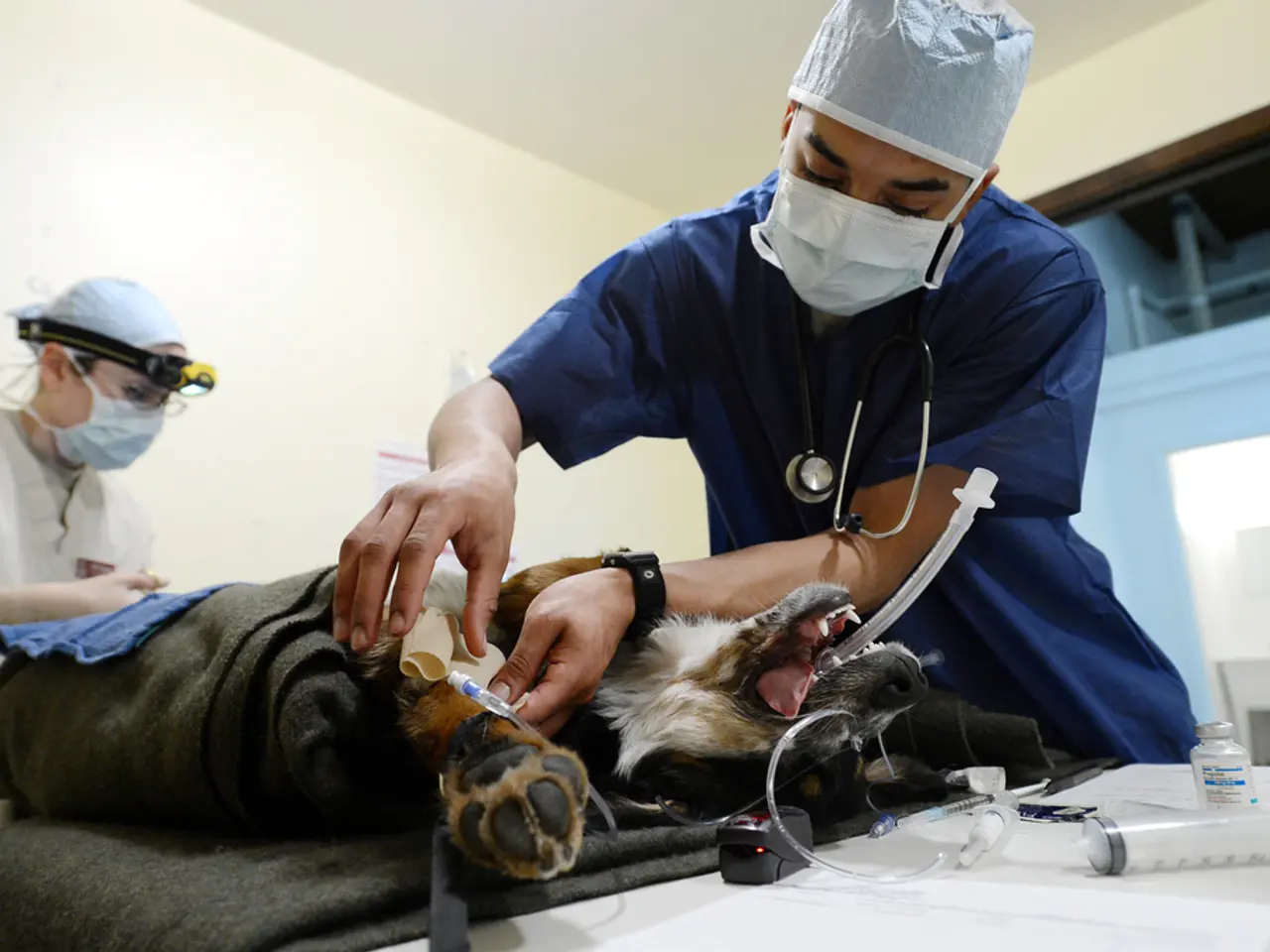Uptrend in Consumer Confidence Persists - Optimism Due to Improved Outlook, But Income Anticipation Remains Pessimistic - Rising consumer sentiment, despite lower anticipated income expectations
In a recent survey conducted by the HDE Consumer Barometer, it has been revealed that income expectations among German consumers have taken a downturn compared to June, resulting in a more reserved consumer sentiment. This shift has impacted consumer spending habits, with a decrease in purchasing inclination and an increased likelihood of drawing on savings instead of making new purchases.
The HDE Consumer Barometer, a tool used to gauge consumer sentiment in Germany, is based on a monthly survey of 1600 citizens. The findings are used to predict consumer sentiment in the coming three months, gauging factors such as purchasing inclination, savings inclination, financial situation, and other consumption-related factors. However, it's important to note that the barometer does not reflect current consumer behavior but the expected sentiment in the near future.
One of the factors contributing to this change in income expectations and consumer sentiment is the lag in government relief measures. While the federal government has announced relief measures, they have not yet been implemented, causing uncertainty among consumers and potentially dampening their financial optimism.
Another factor is the economic divergence between businesses and households. Business confidence in Germany is on the rise due to fiscal stimulus and eased monetary policy. Yet, household caution remains elevated, possibly due to lingering economic uncertainties. Inflation in Germany has eased slightly to about 2.0% in June 2025, down from 2.1% in May and below market expectations. While this may ease some cost pressures, it has not translated into stronger income expectations yet.
Despite these challenges, consumers still maintain a generally optimistic view of the economic development. However, this optimism does not extend to their personal income prospects, leading to a more cautious approach to spending and saving. As a result, private consumption is not expected to see significant growth in the near future, with consumers planning to reduce savings efforts and tap into savings instead.
It's essential to clarify that the HDE Consumer Barometer is not directly related to the German Retail Federation and does not specifically focus on the retail sector. Therefore, the current findings do not provide insights into current consumer behavior or the state of the retail industry.
In conclusion, the reduced positivity in income expectations and consumer sentiment among German consumers is a complex issue influenced by factors such as the lag in government support, ongoing economic uncertainties, and a moderate inflation environment. This cautious outlook is reflected in lower purchasing propensity and increased reliance on savings, which in turn affects private consumption trends in Germany.
In light of the HDE Consumer Barometer findings, the employment policy of EC countries could play a significant role in addressing the current economic challenges faced by German consumers, as their financial optimism seems to be waning due to a lag in government relief measures.
Moreover, business prosperity in Germany, bolstered by fiscal stimulus and eased monetary policy, contrasts starkly with the prudent approach of households, highlighting the need for a comprehensive employment policy that considers both business growth and household financial security.




